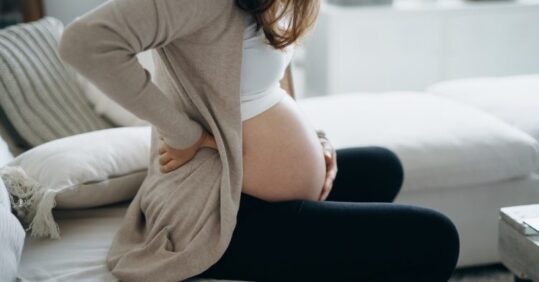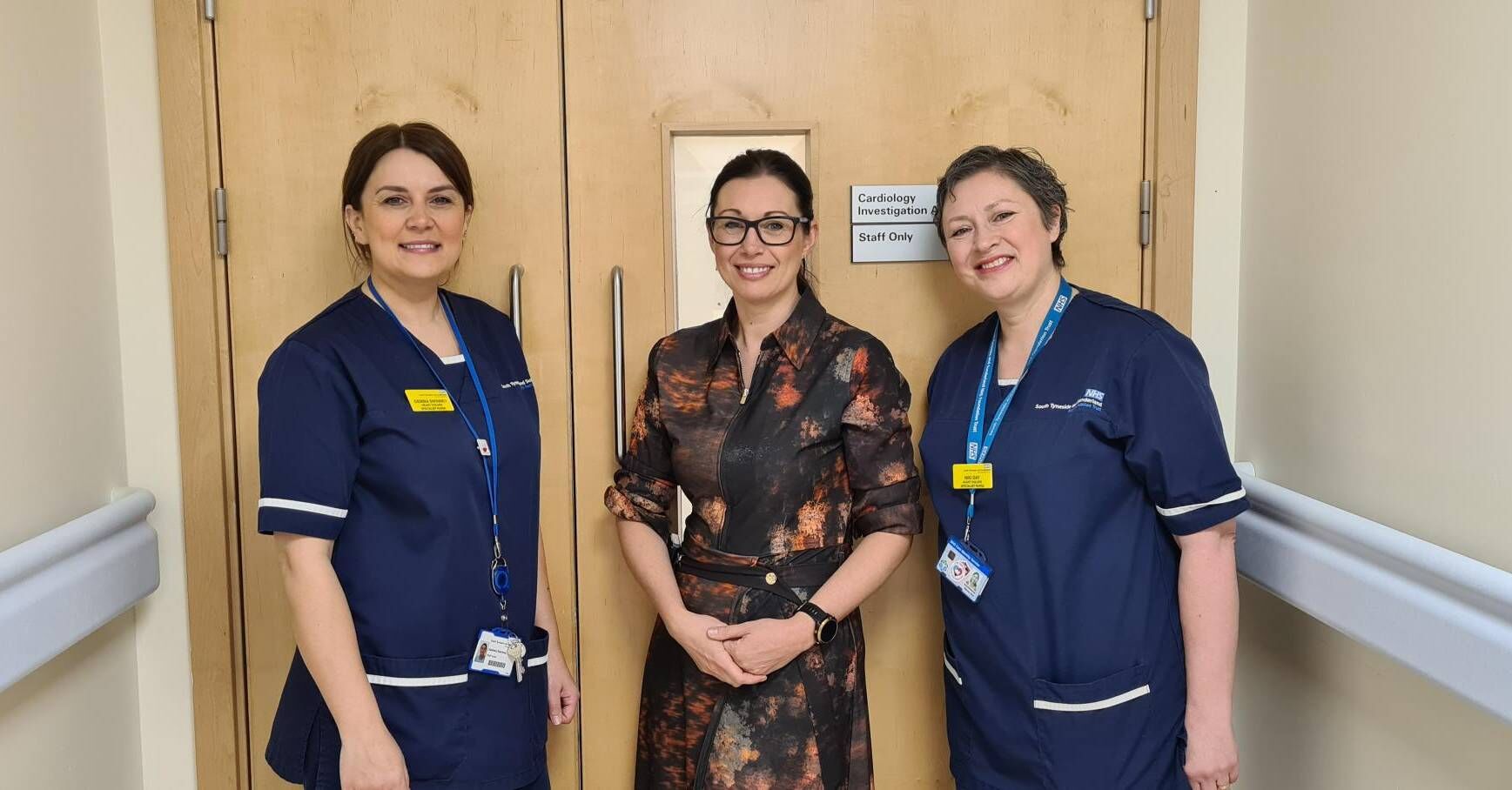Maternity care in the UK is ‘failing’ to reach pregnant women living in adverse social circumstances, research commissioned by the Royal College of Obstetricians and Gynaecologists has suggested.
The paper, published yesterday, found a ‘strong relationship’ between living in ‘adverse social circumstances’ and poor maternal outcomes – including an increased risk of maternal death. It said better strategies and care pathways were needed to improve their situation.
The researchers noted that ‘vulnerable, minoritised and disadvantaged’ women are ‘often living in an entangled web of complex inequalities that is beyond their control’. This impacts their care outcomes and means they are ‘let down’ by maternity and reproductive health services.
They warned maternal outcomes are particularly poor for:
- Socially disadvantaged women affected by pre-existing physical or mental health problems
- Those who misuse substances
- Those who have a lower level of education
- Those who are overweight, undernourished or poorly sheltered
- Those who are at increased risk due to the threat of abusive and unsupportive partners, families and peers.
The researchers also called for ‘a better way’ of recording social determinant data, with current methods ‘inadequate’ and ‘not for purpose’. This data does not provide enough information on ‘how the complex circumstances of the women impacts on her maternal outcomes,’ they added.
‘Listen to women about maternity care’
Professor Georgina Jones, who led the research, stressed that ‘more needs to be done to improve access to better care and support for those living in adverse and complex social situations’.
She praised the provision of free reproductive and maternity services – but pointed out that ‘the women who need the most care’ often have the ‘poorest access to care’.
The research comes after the CQC’s 2021 maternity survey of more than 23,000 women who gave birth during February 2021 – when the country was in the middle of its third Covid-19 lockdown – published this week found the Covid-19 pandemic has led to poorer experiences for some women.
Most respondents were positive about their interactions with staff, with an increasing number saying they were able to see or speak to the same midwife at every antenatal or postnatal check-up compared to the last time the survey was carried out in 2019.
However, the results indicate a decline in a number of areas, likely reflecting the impact of that lockdown restrictions and social distancing requirements had on services and staff.
Responding to the CQC statistics, Birte Harlev-Iam, Royal College of Midwives (RCM) executive director, said: ‘Listening and learning from women’s experiences of maternity care is crucial and should go towards informing how NHS maternity services are delivered…
‘The RCM has long called for more investment in postnatal care which for too long has been the Cinderella of NHS maternity services. Better investment and more staff and resources for postnatal care are needed to help us achieve the best outcomes for both mother and baby.’







